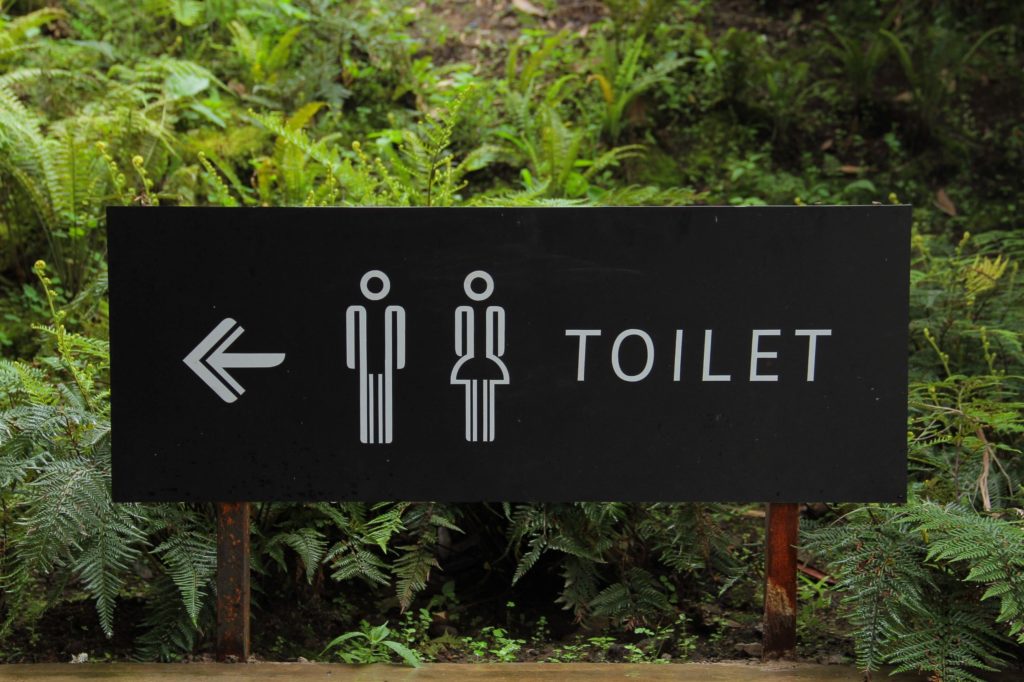
8 Key causes & solution for the Free Bowl movement
Millions of persons worldwide suffer from difficult or painful defecation, known commonly as constipation. Although the frequency of bowel movements varies greatly among normal healthy individuals, it is usual for those with constipation to voluntarily (because of physical discomfort) or involuntarily (because of disease, drugs or the stress of daily life) delay defecation. The absence of enough fibre in the diet, the lack of physical exercise and insufficient fluid intake also contribute to constipation.
It is very important to provide what the body needs and it is
also equally important to reject what it does not require. If the
body is to be healthy the first step towards it is a free bowel
movement.
1.Non-fibrous food:
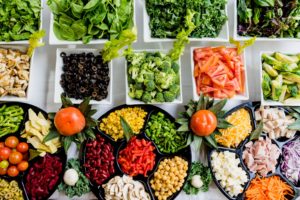
Non-fibrous foods immediately result in constipation. There is a close relationship between fibrous foods and free bowel movement. The quantity of faeces depends on the percentage of fibre in the food. If we take foods that have less fibre or no fibre at all then the travel of faeces through the one-meter long large intestine becomes a strenuous effort to avoid constipation. Constipation in 95 per cent of people is mainly due to the consumption of fibreless food.
2. Inadequate intake of water:
The softness of faeces depends on the water we drink. The faeces when it is soft facilitate easy passage through the intestines. The density of the motion depends on the water content. When the motion is formed in the intestine, it is in the semi-liquid form to enable free movement. Only then it can pass through the intestine without getting stuck to walls. Those who drink plenty of water have sufficient water inside. So the water from the motion need not be absorbed again and so the liquid state continues. It doesn’t get solidified. It doesn’t cause constipation.
On the contrary, if you don’t drink sufficient water, the body tries to extract water from whatever source available. So it takes water back from the faecal matter in the large intestine. Then it gets stiffened. Such a solidified motion can’t move forward easily. It gets stuck to the walls on its way. When it gets stuck thus it takes many days to reach the anus. This is what is called constipation.
All this is nothing but a result of inadequate water supply to the body. It does not take even a minute for us to drink the required amount of water. But we exhibit incorrigible lethargy to avoid it but prefer to spend agonizing 15 to 30 minutes in the toilet. The whole day is spent restlessly, both mentally and physically. We can safely avoid this needless exercise by drinking every day at least 5 to 6 litres of water.
3. Small intake of food:
The volume of the faeces produced is in equal proportion to the food we eat. Physically working people have great hunger and consume more amount of food. They also produce a larger quantity of faeces resulting in extra pressure in the intestines and its quicker passage. It saves us from constipation. Those who do not indulge in physical work are less hungry. .
The food that is made out of salt, oil, etc. makes them feel sick of it within no time. So they don’t eat their stomach full at a time but in easy instalments. The faeces also is made in small quantities which cannot move faster, because the pressure is not sufficient enough. The slow movement makes faeces to stick to the intestines. This is the beginning of constipation.
Some may have doubts: Intake of a Higher quantity of food in more quantity may help free bowel movement but it may trigger obesity. If our food contains three-fourths of vegetables and one-fourth of rice or wheat our weight may increase but not obesity. By eating more fruits we can keep constipation at a distance.
4.Lack of concentration:
Man likes to eat different tasty foods. But he does not think of purging the residue of what he eats. He may eat the right food in the right quantity and drink plenty of water. If you don’t desire to have a motion, even if it is ready at the exit door, it can’t come out because you have not given orders. The nerves holding the faeces should loosen their grip. By putting your mind on clearing the bowels the nerves get loosened facilitating the easy movement.
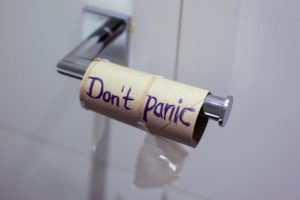
5.Lack of physical exercise
The faeces move freely in the intestines of those who engage themselves in physical work better than those who do not. Physical work strengthens muscles and facilitates good blood circulation. When blood circulation to nerves in the intestines is improved they receive proper signals. This is the reason why workers ablate twice a day. In physical work, the stomach moves back and forth pressing the intestines. With that faeces are freely pushed into the large intestines. In those who have less or no physical work, there is not enough pressure on the intestines. The result is constipation.
6.Increased gas trouble:
Bloated stomach, indigestion, belching, gas release etc. are considered the offshoots of gas trouble. It is the problem of many. Constipation is the main reason for all the above problems. There is no scope for the formation of gas in the body for those who have a free bowel movement every day. Those who have gas problem face loss of appetite. They are forced to eat something or the other even if they are not hungry resulting in indigestion and bloating of the stomach. Thus it is a chain reaction. Drink 5 litres of water in a methodical manner and ablate 2-3 times daily. Constipation vanishes as also the gas trouble.
7.Diminishing Hunger
There are many reasons for diminishing hunger. Indigestion, constipation and diseases of the liver are some of them. Worms are one reason for the loss of appetite in children. However, the main reason is the constipation. Appetite is normal only when the food we eat is properly digested, mixes with blood and the waste go without storing. In those suffering from constipation, digestive juices do not ooze. Lack of water intake does not help the expulsion of faeces and appetite is affected.
8.Increased potbelly
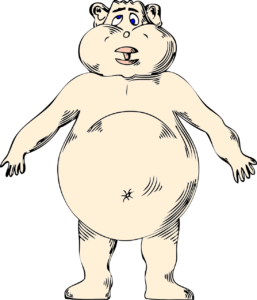
Constipation kills digestive power. When food is not digested and stagnates in the stomach for a long time heaviness and inconvenience occurs. This triggers the production of gas. Due to the above two reasons stomach sags and grows in size. The stored faeces are also one of the reasons. When ablation is free stomach contracts and one feels comfortable. Even if there is no ablation for one day the abdomen protrudes. The situation is quite uncomfortable. If we drink plenty of water and ablate twice a day there is every chance of reducing the size of the stomach. Change in food habits and exercise to reduce weight does wonders.
How many times to ablate a day?
We should expel faeces whenever we want and not once in a day or so , but at least twice a day.
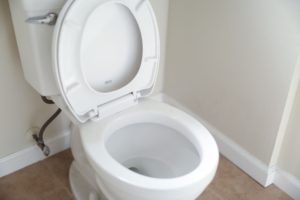
The first ablation: Immediately after getting up from sleep one should ablate. At that early hour, there are no other thoughts in our mind. The nerves in the intestines are also tension-free. If our mind is engaged in some other activity it takes more time for ablution. The effort put in by the body to expel faeces immediately after we wake up is 50 to 60 per cent. If we put in the rest of 40-50 per cent of effort the bowel movement is an easy and joyful experience. There should be a strong desire in us to defecate.
The second ablution: The right time for the second ablution is between 5 PM to 7 PM. Most people return home by this time. A few others don’t come home due to other avocations. Wherever they are if they want to ablate it is quite possible. All efforts should be made to make it possible. This time also, when the stomach is empty stomach-full of water should be drunk and concentrated on the act.